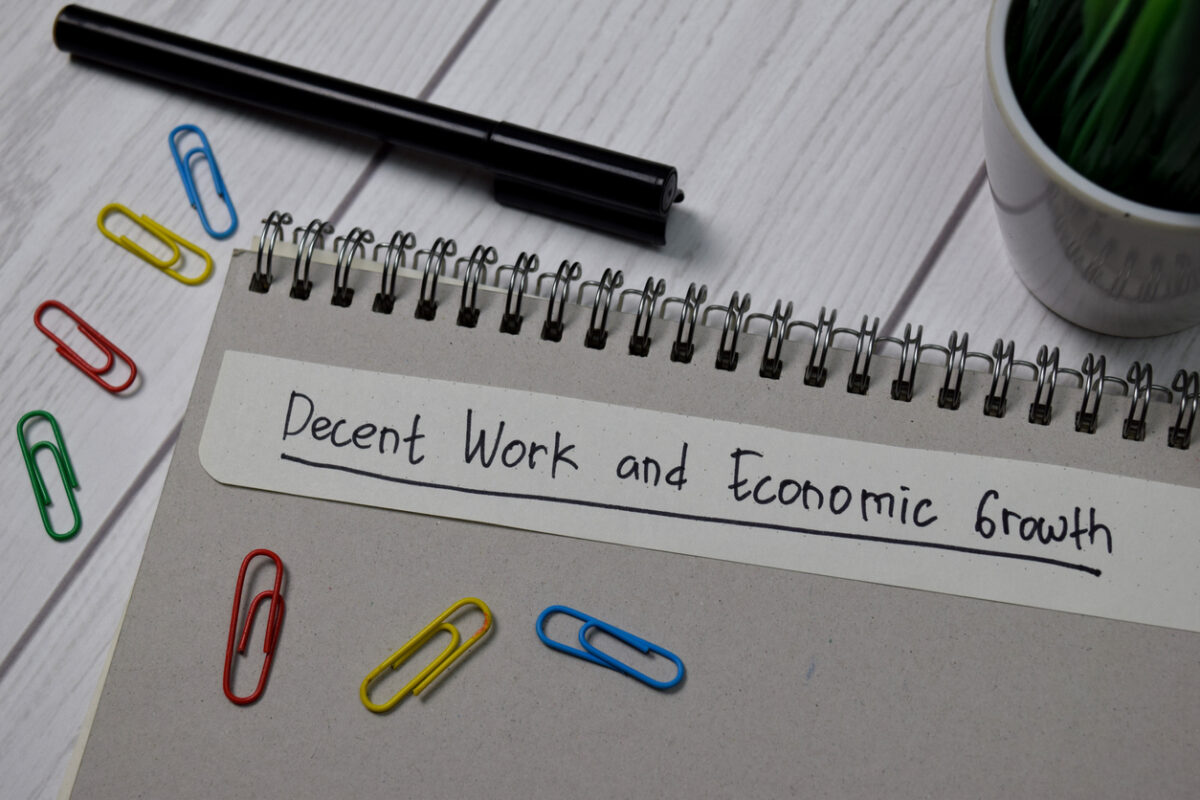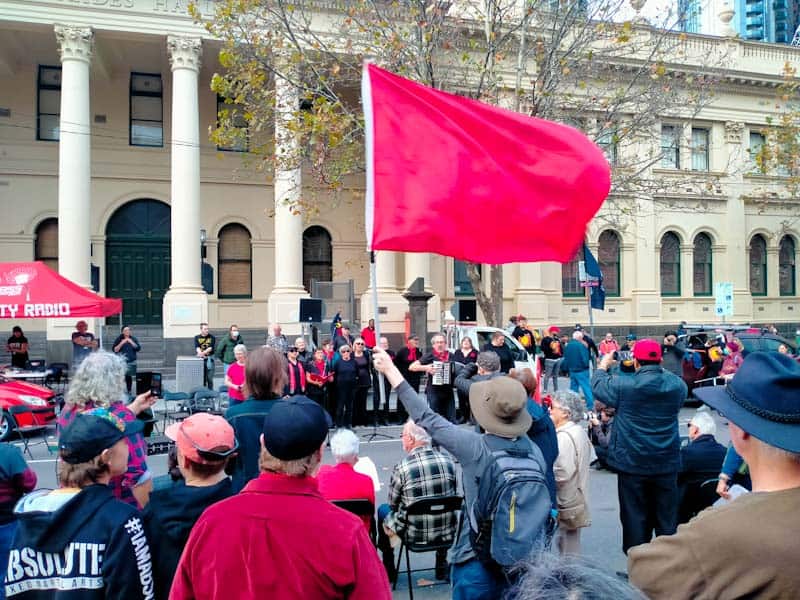On August 26 2022, Australia’s Minister for Employment and Workplace Relations, Tony Burke, spoke at a union conference. This is not an unusual event for Ministers, but the timing of Burke’s address was less than a week before a major Jobs and Skills Summit – the hottest political event in town at the moment. The transcript of the speech provides clues and hints as to how occupational health and safety (OHS) may or may not be discussed.
There is an early indication that safe workplaces are important (heart skips a beat), but then it seems shunted to the side. Burke said:







